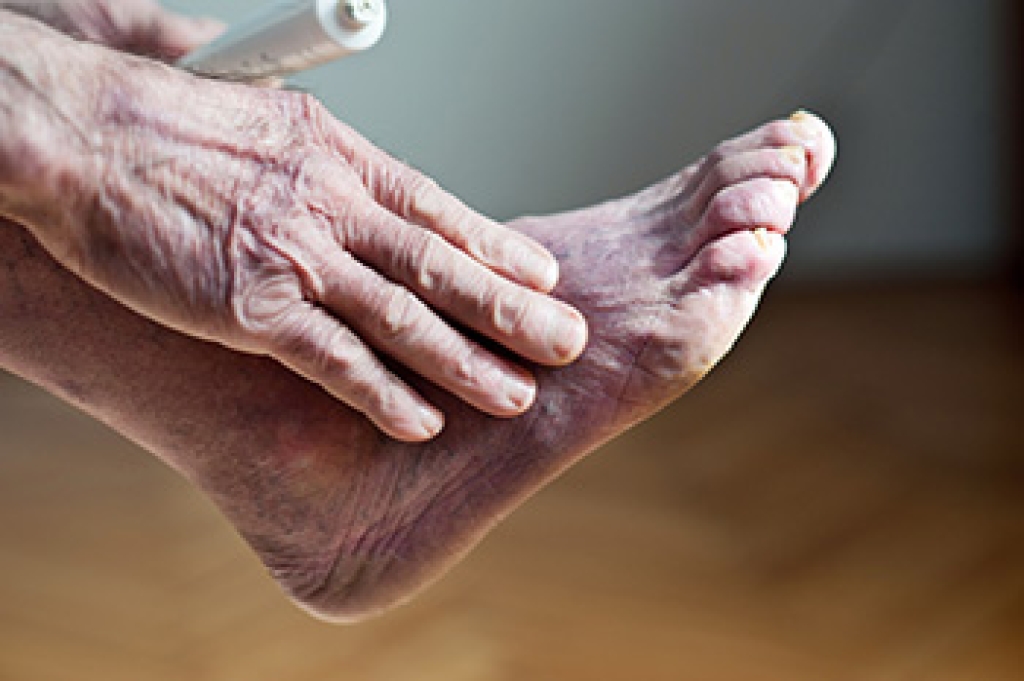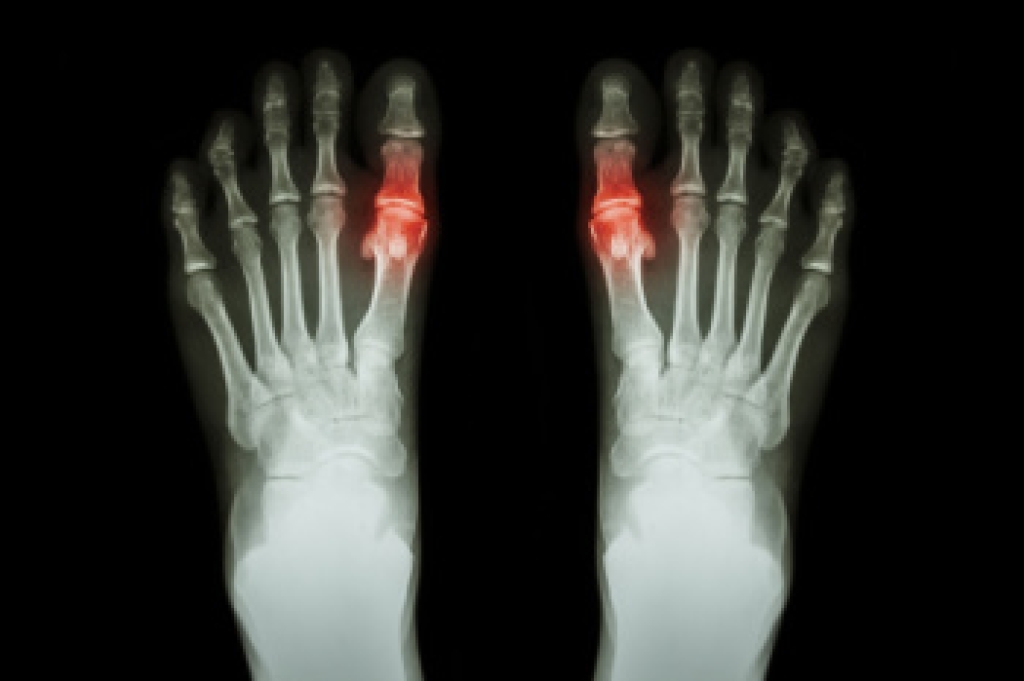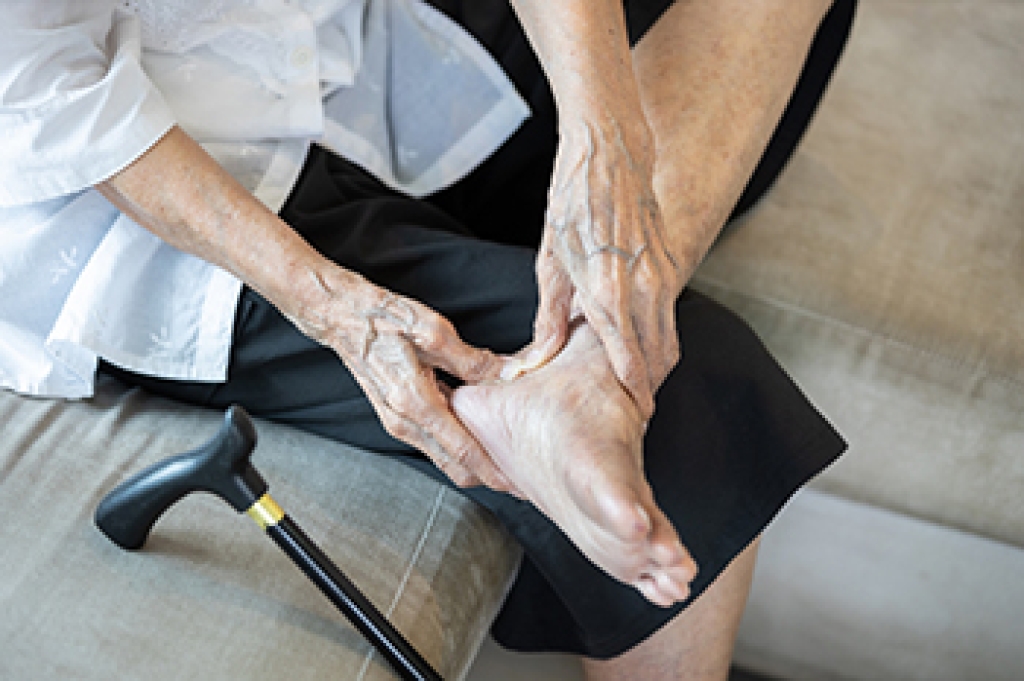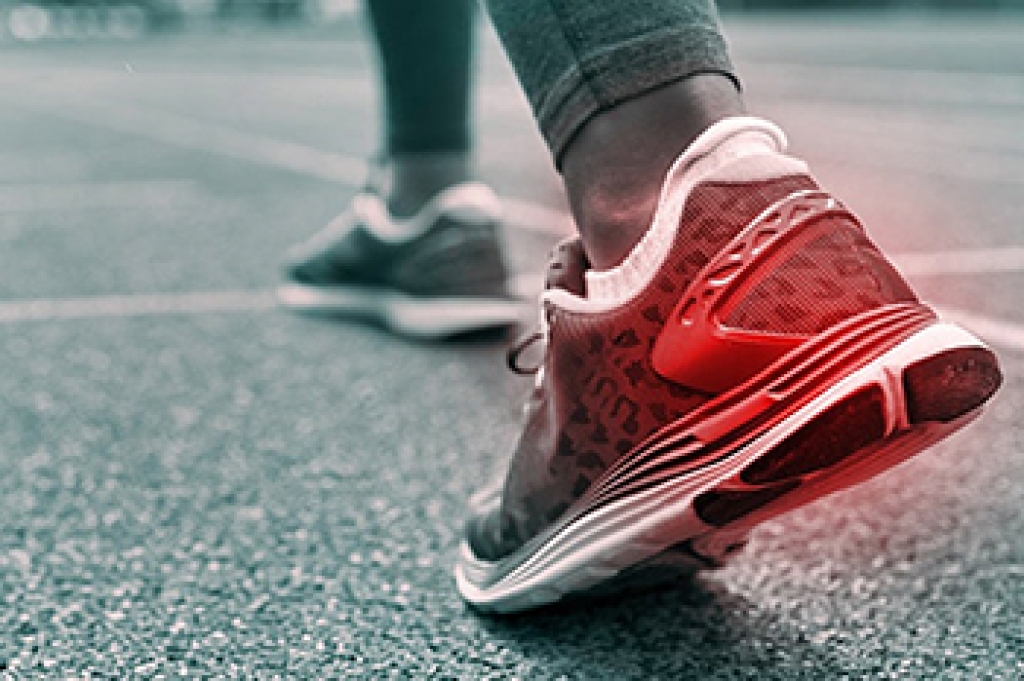Blog
How Reduced Blood Flow Impacts the Feet in Older Adults

As people age, changes in the blood vessels can limit circulation to the feet. This reduced blood flow means less oxygen and fewer nutrients reach the tissues, slowing the body’s ability to heal from cuts, sores, or infections. Skin on the feet may become thinner, drier, and more prone to injury. Seniors with poor circulation often feel persistent coldness or numbness, which can mask developing problems. Muscles in the lower legs and feet may weaken over time, affecting balance and stability. In severe cases, prolonged lack of blood supply can lead to tissue damage that requires urgent medical attention. Because the signs may be subtle at first, regular evaluation is important to detect issues early. If you are an older adult experiencing ongoing coldness, color changes, or delayed healing in the feet, it is suggested that you see a podiatrist for assessment and management.
While poor circulation itself isn’t a condition; it is a symptom of another underlying health condition you may have. If you have any concerns with poor circulation in your feet contact Deborah Rosenfeld of Rosenfeld Podiatry. Our doctor will treat your foot and ankle needs.
Poor Circulation in the Feet
Peripheral artery disease (PAD) can potentially lead to poor circulation in the lower extremities. PAD is a condition that causes the blood vessels and arteries to narrow. In a linked condition called atherosclerosis, the arteries stiffen up due to a buildup of plaque in the arteries and blood vessels. These two conditions can cause a decrease in the amount of blood that flows to your extremities, therefore resulting in pain.
Symptoms
Some of the most common symptoms of poor circulation are:
- Numbness
- Tingling
- Throbbing or stinging pain in limbs
- Pain
- Muscle Cramps
Treatment for poor circulation often depends on the underlying condition that causes it. Methods for treatment may include insulin for diabetes, special exercise programs, surgery for varicose veins, or compression socks for swollen legs.
As always, see a podiatrist as he or she will assist in finding a regimen that suits you. A podiatrist can also prescribe you any needed medication.
If you have any questions, please feel free to contact our office located in Marlton, NJ . We offer the newest diagnostic and treatment technologies for all your foot care needs.
Gout and Managing It Effectively

Gout is a form of inflammatory arthritis caused by a buildup of uric acid in the bloodstream, leading to the formation of sharp crystals in the joints. It most often affects the big toe, causing sudden and intense pain, redness, swelling, and warmth. Risk factors include genetics, obesity, an overabundance of uric acid, and certain medical conditions. High levels of uric acid can result from diet, poor kidney function, or lifestyle habits. A podiatrist can help diagnose gout, manage painful flare-ups, and recommend changes to reduce recurrence. Gout can be extremely painful and may cause difficulty in completing daily activities. If you have sudden pain in your big toe, it is strongly suggested that you seek the care of a podiatrist who can help you manage this uncomfortable condition.
Gout is a painful condition that can be treated. If you are seeking treatment, contact Deborah Rosenfeld from Rosenfeld Podiatry. Our doctor will treat your foot and ankle needs.
What Is Gout?
Gout is a form of arthritis that is characterized by sudden, severe attacks of pain, redness, and tenderness in the joints. The condition usually affects the joint at the base of the big toe. A gout attack can occur at any random time, such as the middle of the night while you are asleep.
Symptoms
- Intense Joint Pain - Usually around the large joint of your big toe, and it most severe within the first four to twelve hours
- Lingering Discomfort - Joint discomfort may last from a few days to a few weeks
- Inflammation and Redness -Affected joints may become swollen, tender, warm and red
- Limited Range of Motion - May experience a decrease in joint mobility
Risk Factors
- Genetics - If family members have gout, you’re more likely to have it
- Medications - Diuretic medications can raise uric acid levels
- Gender/Age - Gout is more common in men until the age of 60. It is believed that estrogen protects women until that point
- Diet - Eating red meat and shellfish increases your risk
- Alcohol - Having more than two alcoholic drinks per day increases your risk
- Obesity - Obese people are at a higher risk for gout
Prior to visiting your podiatrist to receive treatment for gout, there are a few things you should do beforehand. If you have gout you should write down your symptoms--including when they started and how often you experience them, important medical information you may have, and any questions you may have. Writing down these three things will help your podiatrist in assessing your specific situation so that he or she may provide the best route of treatment for you.
If you have any questions, please feel free to contact our office located in Marlton, NJ . We offer the newest diagnostic and treatment technologies for all your foot care needs.
Foot Problems in Older Adults May Signal Frailty

As people age, foot problems can become more common and may signal broader issues related to frailty. Thickened toenails, bunions, loss of cushioning, and poor circulation can lead to discomfort, instability, and reduced activity. These issues are not just a nuisance, they may contribute to falls, loss of independence, and slower recovery from illness or injury. In some cases, pain or deformities in the feet can lead to an uneven gait, making daily movement more difficult. Skin changes, decreased muscle strength, and balance issues often appear alongside these foot concerns. Addressing foot health early can improve mobility and overall well-being. If you or someone you care for is experiencing new or worsening foot problems, it is suggested that you consult a podiatrist to help maintain comfort, stability, and quality of life.
If you need your feet checked, contact Deborah Rosenfeld of Rosenfeld Podiatry. Our doctor will attend to all of your foot and ankle needs and provide you with quality treatment.
Geriatrics and Podiatry
When people age, some common issues that may occur are bone density loss, dry skin, poor circulation, and rough brittle nails. These issues may also affect your foot health if the necessary steps are not taken to alleviate the problems.
It is important to take care of your feet because feet that are injured or diseased can affect your overall health. Having painful feet hinders your ability to do daily activities or may decrease your willingness to do the things that you need to do.
Visiting Your Geriatrician
As we age, health problems become more likely, so it is essential to visit your doctor for check-ups to ensure that you are doing the best you can to take care of your health. It is recommended to check your feet frequently for any possible cuts, bruises, swelling, corns or any other irregularities.
Taking Care of Elderly Feet
Cracked or dry feet can be treated by applying moisturizer often. It is also important not to wear old socks because the older the sock is, the higher the possibility there will be that there is bacteria there. Wear fresh socks and make sure they fit properly.
Proper foot health means that you can have a more active lifestyle and you will not be bogged down by pain. Foot health also leads to good circulation, which is paramount for overall health.
If you have any questions, please feel free to contact our office located in Marlton, NJ . We offer the newest diagnostic and treatment technologies for all your foot care needs.
Do I Need Walking or Running Shoes?

Walking shoes and running shoes are designed with different purposes in mind. Walking shoes typically offer firmer soles, greater arch support, and a focus on heel-to-toe movement. Running shoes, on the other hand, provide more cushioning, flexibility, and shock absorption to handle the higher impact of running. Wearing the wrong type of shoe can lead to discomfort or injury, over time. A podiatrist can assess your gait, foot structure, and activity level to help you select the most appropriate footwear. If you experience foot pain or need guidance on proper shoes for walking or running, it is suggested that you schedule a visit with a podiatrist who can treat various foot conditions, and guide you on what type of shoes to wear for your desired activity.
For more information about walking shoes versus running shoes, consult with Deborah Rosenfeld from Rosenfeld Podiatry. Our doctor can measure your feet to determine what your needs are and help you find an appropriate pair of footwear.
Foot Health: The Differences between Walking & Running Shoes
There are great ways to stay in shape: running and walking are two great exercises to a healthy lifestyle. It is important to know that running shoes and walking shoes are not interchangeable. There is a key difference on how the feet hit the ground when someone is running or walking. This is why one should be aware that a shoe is designed differently for each activity.
You may be asking yourself what the real differences are between walking and running shoes and the answers may shock you.
Differences
Walking doesn’t involve as much stress or impact on the feet as running does. However, this doesn’t mean that you should be any less prepared. When you’re walking, you land on your heels and have your foot roll forward. This rolling motion requires additional support to the feet.
Flexibility – Walking shoes are designed to have soft, flexible soles. This allows the walker to push off easily with each step.
If you have any questions, please feel free to contact our office located in Marlton, NJ . We offer the newest diagnostic and treatment technologies for all your foot care needs.


